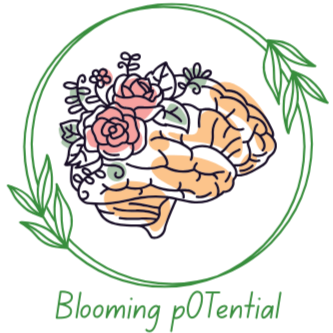Every child deserves care that’s compassionate, individualized, and rooted in real-life function. At Blooming pOTential, we specialize in supporting children with:
Developmental delays
Autism and sensory processing differences
Medically complex conditions
Neuromuscular and physical disabilities
Non-verbal or minimally verbal communication needs
, I provide individualized therapy to support a wide range of developmental skills. Every child is unique, and I tailor therapy to meet their strengths and challenges .
Fine Motor Skills
Helping little hands gain strength, control, and coordination for:
• Grasping tools or toys
• Handwriting and drawing
• Managing buttons, zippers, or adaptive devices
• Using mobility aids or communication switches
Activities of Daily Living (ADLs)
Encouraging independence and participation in everyday routines:
Identifying and responding to sensory needs
Calming and alerting strategies to support participation
Tools and strategies to promote emotional control and focus
Gross Motor Skills
Supporting whole-body movement and participation through:
Core strength and balance
Safe transfers and mobility
Community movement (playgrounds, parks, etc.
Coordination and motor planning
AAC & Communication Access
Empowering all children to express themselves:
Collaboration with families and speech therapy providers to integrate communication supports
Promoting access to AAC devices through positioning, motor access, and sensory regulation
Encouraging independence in expressing needs, choices, and participation in daily routines.
Visual & Ocular Motor Skills
Promoting visual access and eye-hand coordination for learning and play:
Visual tracking and scanning
Eye teaming and visual focus
Visual perception for puzzles, books, and routines.
supports for CVI or visual fatigue
Self-Regulation
Helping children understand and respond to their internal world:
Calming strategies for sensory overwhel
Movement breaks and sensory diets
Visual supports and routines
Co-regulation techniques with caregivers
Supporting Medically Complex Children
Positioning and adaptive equipment use to support daily routines
Range of motion, strength, and endurance activities within safe limits
Sensory regulation strategies for children with feeding tubes, trachs, or other medical devices
Building participation in play, communication, and caregiving routines despite physical limitations
Caregiver training for safe handling, positioning, and promoting independence where possible


